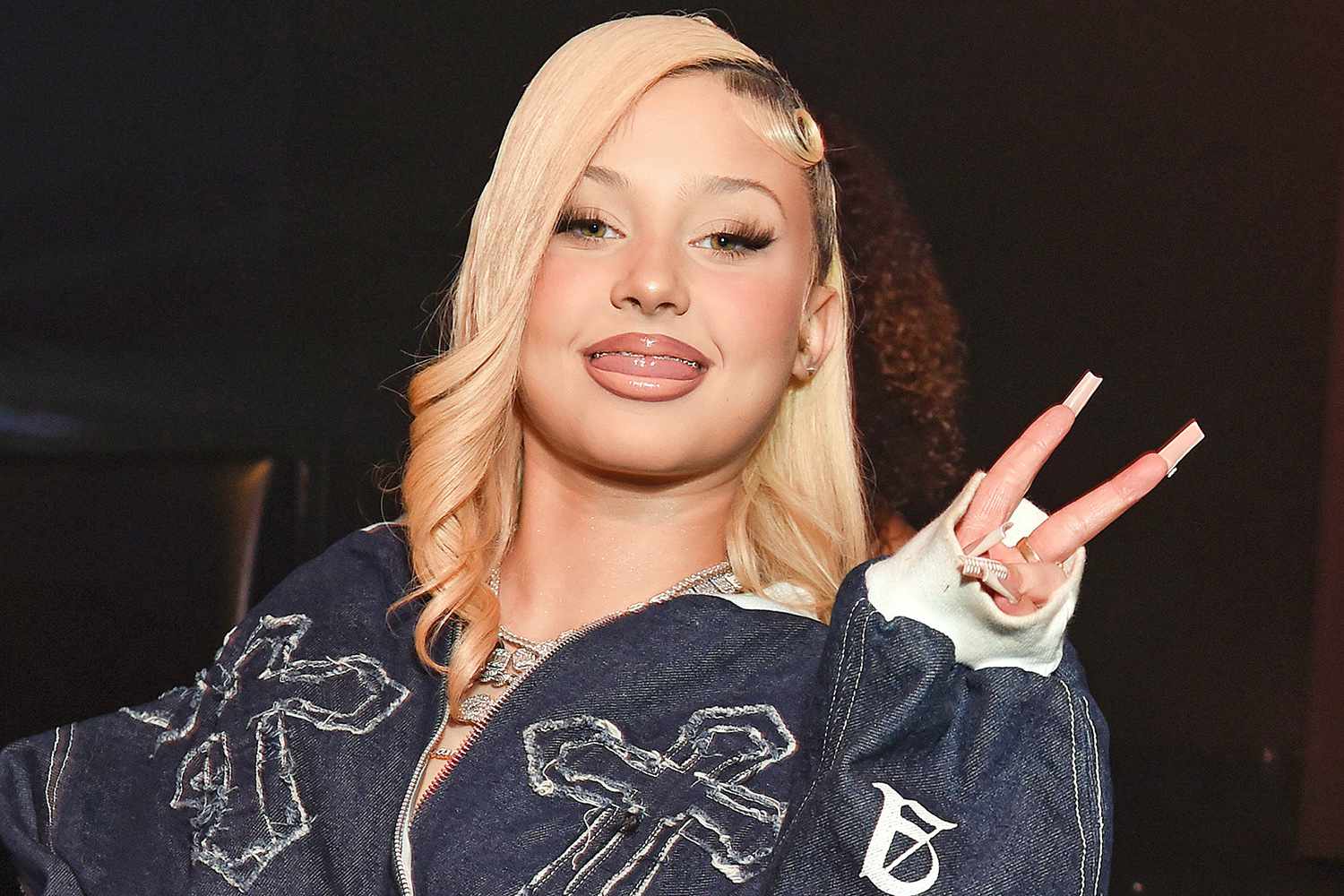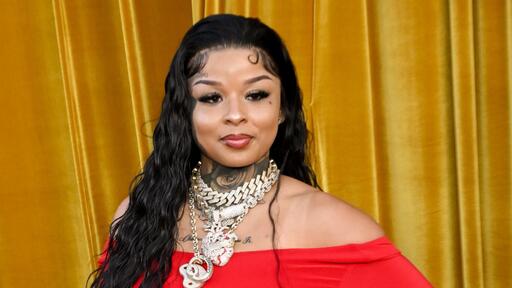Table of Contents
Dating History Context
Rumors suggest that Alabama Barker, the child of famous Blink-182 drummer Travis Barker and well-known music artist Shanna Moakler, is having a love affair with UCLA football player Scooter Jackson. Besides that, Bhad Bhabie has declared that Alabama was once with rapper Tyga; thus, more people want to know about her private life.

During a July 24th livestream session hosted alongside influencer Jordyn Lucas, Alabama Barker directly confronted increasing public criticism regarding her personal identity and cultural expression. The conversation swiftly moved into deeply personal territory when Lucas inquired how Alabama felt about ongoing, widespread accusations suggesting she was deliberately “trying to be Black” through her mannerisms, speech patterns, and overall style.
Alabama responded to these claims visibly upset, expressing deep frustration and pain. She emphatically labeled the persistent accusations as completely “delusional.” Also, she denied that anyone would take her word that she actually studied and used another voice or persona consciously, by saying quite simply, “If people think I’m sitting in my room studying a voice, it’s delusional,” dismissing the idea outright as illogical and hurtful.
Upbringing as Authentic Foundation
Speaking in a calm yet strikingly candid manner throughout the livestream, Alabama firmly dismissed any suggestion that her speech or stylistic choices were artificial or performative. Instead, she consistently pointed to her unique childhood experiences as the genuine, organic foundation shaping her identity. She elaborated specifically, explaining, “I grew up with mostly Black friends,” highlighting this significant aspect of her formative years.
Although she attended private educational institutions, Alabama described frequently feeling like an outsider within those environments. Also, she denied that anyone would take her word that she actually studied and used another voice or persona consciously, by saying quite simply, “If people think I am studying a voice in my room, then they are crazy,” refusing the idea as nonsense and something that made her sad. She explained that a large part of this feeling came from sharing her childhood extensively during her childhood with her father, Travis Barker, a well-known musician. On top of that, she saw her main cultural influences as deeply and honestly coming from her personal life rather than being fabricated, and concluded saying, “My lifestyle was rap and rock ‘n’ roll. I don’t even know what pop is,” underscoring the specific musical and cultural forces that naturally shaped her.
Social Media Debate Ignites
Alabama Barker’s direct comments during the livestream immediately sparked intense debate and widespread discussion across multiple social media platforms. Numerous critics strongly accused her of deliberately changing her persona over time, specifically to gain cultural credibility or social acceptance. For instance, one user pointedly referenced her past, commenting, “Go back to when she was 14—major difference. She had to come to the winning team for popularity,” implying a calculated shift towards Black cultural aesthetics for advantage. Meanwhile, another user mockingly highlighted her given name as inherently contradictory to her current presentation, simply stating, “Your name is Alabama. Let’s start there.”
Defenders Cite Environmental Influence
Conversely, many other individuals came forward to staunchly defend Alabama’s authenticity, actively emphasizing the powerful role that one’s surrounding environment and upbringing naturally play in shaping personal expression, including speech patterns and style. One supporter explicitly argued this point, noting, “Who you grow around plays a huge role,” directly countering the accusations of intentional imitation. Additionally, the rapper, Asian Doll, gave a public statement backing Alabama, commenting that her behavior during the confrontation was admirable: “She didn’t get offended, and she wasn’t hostile… I like Alabama,” pointing out Alabama’s calmness as her unique quality.
Underlying Cultural Tensions Exposed
This public dispute is a clear example of how the issues of cultural identity, authenticity, and acceptance in the entertainment world and the society at large still exist and are very deep. A lot of people think that the look and behavior of Alabama Barker are just the natural result of her one-of-a-kind environment and the people who have had an impact on her. On the other hand, some people say that the way she uses that culture is a cultural theft, and it is not her true culture, but she has done it deliberately to get attention. Significantly, Alabama’s response drew considerable attention not for displaying outrage or hostility, but precisely for its notably measured, calm, and reasoned tone amidst the accusations.
Broader Reckoning Continues
As the online backlash and discussion continue to unfold following her statements, Alabama Barker remains firm and unwavering in her stance regarding her authentic identity. Regardless of her explanation receiving support or being met with resistance, her public speech definitely outlines a whole new, complex generational recognition in motion. Such a recognition, on a fundamental level, entails dealing with the complicated issues of individual identity defining, the idea of culture as one’s own, and the increasingly fuzzy and disputed boundaries between a just and a disrespectfully interconnected culture when it comes to cultural appropriation in our interconnected world.




